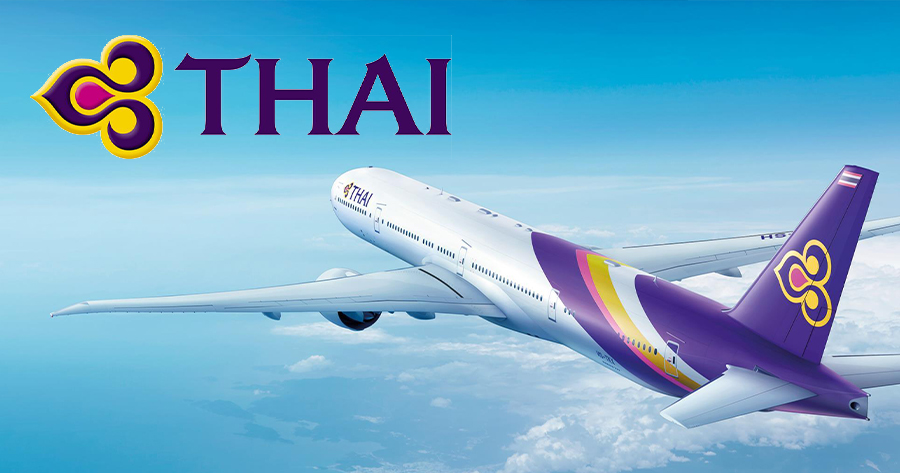Mr. Chai Eamsiri, Chief Executive Officer of Thai Airways International Public Company Limited (THAI), informed “Kaohoon” that the company is preparing to re-list its shares on the Stock Exchange of Thailand (SET) on August 4 after spending five years completing its rehabilitation plan. The company’s current financial and shareholder structures are very strong due to the internal restructuring. This process includes personnel management, fleet restructuring, and a shift in business strategy.
THAI aims to increase its market share at Suvarnabhumi Airport from 26% in 1Q25 to 35% by 2029. Starting from 2027, the company will receive 45 new wide-body aircraft for medium- and long-haul flights from The Boeing Company and GE Aerospace, with an option to purchase 35 more. By 2033, when the delivery finishes, there should be about 150 aircraft in the company’s fleet. Additionally, the company also plans to renovate the interiors of its 14 B777 300ER in 2027.
Regarding THAI’s personnel and investment structure, the company has been reducing its employee count to 22,800 in 1Q25 from 35,000 in 2019. This allows the employee productivity rate to increase by more than 18% and reduces the wage-to-income ratio from 23% to 10.7%. In its long-term goal, the company plans to keep this ratio below 13% of total revenue.
Since April, THAI has been adjusting its payment structure to attract and retain high-potential employees. Several welfare benefits, such as employer-paid income tax and travel ticket privileges, have also been improved to align with the international aviation standard. This was accomplished by reducing employee numbers, especially those in the back office, while frontline roles essential to service quality and safety, such as pilots, cabin crew, and aircraft maintenance personnel, were largely preserved.
These adjustments caused the company’s EBITDA, after deducting aircraft cash lease, according to the separate financial statements for the past 12 months (April 2024 – March 2025), to reach THB 40.3 billion. Meanwhile, shareholders’ equity as of March 31 also returned from negative THB 43.14 billion at end-2023 to positive THB 55.43 billion.
THAI faced creditor claims exceeding THB 400 billion when rehabilitation was filed in May 2023. The company had a final obligation of about THB 189 billion under the court-approved rehabilitation plan, in which it has been repaid approximately THB 94,080 million in 1Q25.
As of the end of the first quarter, THAI holds a cash flow of THB 125 billion, with outstanding principal and interest obligations to creditors under the rehabilitation plan— including those debts not yet subject to final court orders—totaling approximately THB 95 billion.
Debt repayments are scheduled according to the rehabilitation plan through 2036, requiring THAI to pay between THB 3 billion and THB 14 billion per year, depending on each year’s specific obligations. With current cash reserves at THB 125 billion and continuous revenue streams, the company clearly demonstrates the ability to meet its debt repayment commitments.
From the end of 2025 to 2026, THAI will receive 17 A321neo aircraft, which will help the company expand its flight frequencies and destinations in Asia Pacific, as this model is capable of flying within six hours. The company also plans to expand its flight routes and frequencies to Europe, Australia, and New Zealand.
THAI also plans to invest THB 10 billion in U-Tapao’s Maintenance, Repair, and Overhaul (MRO) facility and other related businesses in the Eastern Economic Corridor (EEC). Its primary purpose is to address its 150 aircraft in 2033 and use the remaining space to provide repairs for other customers.




